1. Drugs don’t care about your bank account.
Drug testing is used for more than just low-skilled workers. With workplace drug use on the rise across industries, more and more companies who hire white-collar workers are making drug testing part of their workplace policy. In fact, drug testing programs are implemented for a wide range of job types including skilled laborers, transportation workers, and salaried employees.
2. Reefer minus the madness
With 33 states passing medical marijuana legislation, the social taboos behind this drug are decreasing. When restrictions go down, marijuana use goes up. And going to work under the influence of any drug presents obvious issues. This makes testing for this kind of liability all the more relevant.
3. Our Not-So-United States
Drug testing is viewed differently from state to state and things are changing. Many states now have extended their employee protections as a response to their new marijuana laws. So be aware and as an employer, get the facts in your state when it comes to your drug-free workplace policies.
4. Employees are bringing their addictions to work
According to the Bureau of Labor Statistics, between 2013 and 2016 at-work overdose deaths attributed to the non-medical abuse of drugs or alcohol increased by 38% annually. These tragic events give rise to the need for workplace drug testing in an effort to decrease the abuse that leads to so many senseless deaths.
5. The real cost of opioids
The economic burden of opioid misuse is staggering. When you factor in increased healthcare, substance abuse treatment, lost productivity, and criminal justice, annual US costs exceed $78.5 billion, according to the National Center for Injury Prevention and Control. That doesn’t even take into account the challenges faced by businesses resulting from absenteeism, lost productivity, job turnover, and retraining.
6. Testing passes the test
Research shows that drug testing can help improve employee morale and productivity while decreasing absenteeism, accidents, downtime, turnover, and theft.
In short, with a little research and the right partner,
you can design a drug testing program that will make your workplace a more
productive and, most of all, safer place to prosper.
For more information about drug testing, visit our website.
 Your Privacy Choices
|
Privacy Notices
|
Terms
|
Language Assistance / Non-Discrimination Notice | Asistencia de Idiomas / Aviso de no Discriminación | 語言協助 / 不䈚視通知
Your Privacy Choices
|
Privacy Notices
|
Terms
|
Language Assistance / Non-Discrimination Notice | Asistencia de Idiomas / Aviso de no Discriminación | 語言協助 / 不䈚視通知
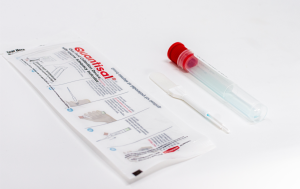
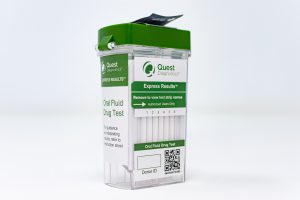

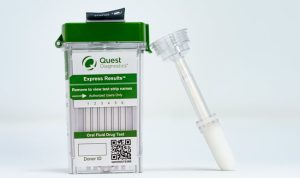


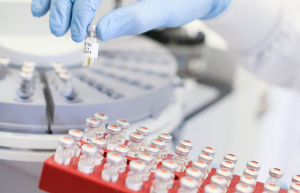

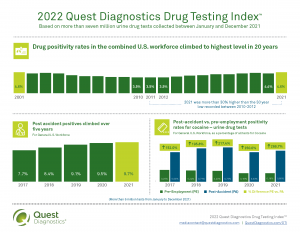










1. Drugs don’t care about your bank account.
Drug testing is used for more than just low-skilled workers. With workplace drug use on the rise across industries, more and more companies who hire white-collar workers are making drug testing part of their workplace policy. In fact, drug testing programs are implemented for a wide range of job types including skilled laborers, transportation workers, and salaried employees.
2. Reefer minus the madness
With 33 states passing medical marijuana legislation, the social taboos behind this drug are decreasing. When restrictions go down, marijuana use goes up. And going to work under the influence of any drug presents obvious issues. This makes testing for this kind of liability all the more relevant.
3. Our Not-So-United States
Drug testing is viewed differently from state to state and things are changing. Many states now have extended their employee protections as a response to their new marijuana laws. So be aware and as an employer, get the facts in your state when it comes to your drug-free workplace policies.
4. Employees are bringing their addictions to work
According to the Bureau of Labor Statistics, between 2013 and 2016 at-work overdose deaths attributed to the non-medical abuse of drugs or alcohol increased by 38% annually. These tragic events give rise to the need for workplace drug testing in an effort to decrease the abuse that leads to so many senseless deaths.
5. The real cost of opioids
The economic burden of opioid misuse is staggering. When you factor in increased healthcare, substance abuse treatment, lost productivity, and criminal justice, annual US costs exceed $78.5 billion, according to the National Center for Injury Prevention and Control. That doesn’t even take into account the challenges faced by businesses resulting from absenteeism, lost productivity, job turnover, and retraining.
6. Testing passes the test
Research shows that drug testing can help improve employee morale and productivity while decreasing absenteeism, accidents, downtime, turnover, and theft.
In short, with a little research and the right partner, you can design a drug testing program that will make your workplace a more productive and, most of all, safer place to prosper.
For more information about drug testing, visit our website.